Learn everything you want to know about fats, carbohydrates and proteins
Carbohydrates, Protein & Fat, are the main nutrients that make up the foods we eat.
Fats
Fats are one of the three main macronutrients along with carbohydrates and proteins.
With the low carbohydrate craze, many people have turned their attention to fats. They eat more of it and think its fine. Depending on what kind of fat you are consuming and how much of it you take in, fats can be beneficial or detrimental to your health.
There are three main types of fat.
-
Saturated fats: come mainly from animal sources such as meat and dairy. At room temperature, saturated fats are solid. Common sources of saturated fat include red meat, whole milk and other whole-milk dairy foods, cheese, coconut oil, and many commercially prepared baked goods and other foods. A diet rich in saturated fats can drive up total cholesterol, and tip the balance toward more harmful LDL cholesterol, which prompts blockages to form in arteries in the heart and elsewhere in the body. For that reason, most nutrition experts recommend limiting saturated fat to under 10% of calories a day.
-
Unsaturated fats: come mainly from plant sources such as olives and nuts and contain no cholesterol. Unsaturated fats are broken down further in:
-
Monounsaturated: Good sources of monounsaturated fats are olive oil, peanut oil, canola oil, avocados, and most nuts, as well as high-oleic safflower and sunflower oils.
-
polyunsaturated: There are two main types of polyunsaturated fats:
Omega-3 fatty acids: They have e number of important functions; improving heart health, supporting mental health, reducing weight and waist size, decreasing liver fat. Unfortunately, the Western diet does not contain enough omega-3s. A deficiency may contribute to chronic diseases like obesity, diabetes and heart disease
Omega-6 fatty acids: these fats are primarily used for energy. Although omega-6 fats are essential, the modern Western diet contains far more omega-6 fatty acids than necessary
-
Trans fat is man-made fat. It is made by taking an unsaturated fat and putting hydrogen through it in a process called hydrogenation. Trans fat is very bad for your health. Trans fats create inflammation, which is linked to heart disease, stroke, diabetes, and other chronic conditions.
You should avoid the trans fats, limit the saturated fats, and replace with essential polyunsaturated fats
Carbohydrates
Normally carbohydrates are found in all foods except meat products. Some diets have recommended stripping out all carbohydrates from what you eat. Limiting bad carbohydrates such as sugar from your diet is a positive step but going further and refusing to eat fruits and whole grains can potentially deprive you of cancer-fighting foods.
Carbohydrates can be broken down into two main categories;
-
Simple carbs: Simple carbs are sugars. While some of these occur naturally in milk, most of the simple carbs are added to foods. Simple carb foods to avoid; soda, baked treats, packaged cookies, fruit juice concentrate, breakfast cereal.
-
Complex carbs: Complex carbs pack in more nutrients than simple carbs. They’re higher in fiber and digest more slowly. This also makes them more filling, which means they’re a good option for weight control. You should eat more complex carbs like; whole grains, fiber-rich fruits, and vegetables, beans.
Chemical structures
The main difference between the two groups is their chemical structures. Simple sugars are made up of a few sugar molecules while complex carbs are made up of hundreds and even thousands of these molecules put together. In your body, the end product of both is glucose.
The time needed to digest
Another difference between the two is the time needed to digest. If you consume 100 calories of simple sugars, your body can digest it a lot faster than if you eat the same amount of calories that are made of complex carbs. This is because simple sugars are closer to the end product than complex carbs which need more time to digest. Therefore if you take the meal of simple sugars, you will be hungrier sooner than if you ate the meal made of complex carbs. Making a habit of drinking soda and eating candy can add up to a lot of calories at the end of the day.
Eating the good carbs
Studies have shown that simple sugars contribute to obesity and diabetes, especially in children. It has also been shown that eating good carbs can shield you from many types of cancers. So next time you pick up the magazine about the newest low carb claim, throw it away and grab an apple.
Proteins
Proteins are very important to our bodies. It isn’t just for bodybuilders who use them to gain muscle mass. Those who are sick use them to rebuild damaged tissue and even in normal states, our body uses protein for many different tasks.
Proteins are made of amino acids that are folded together:
-
essential amino acids – those that our body cannot make
-
non-essential amino acids – those that our body can make.
Essential amino acids
Proteins that are made up of all the essential amino acids are said to be complete while those that lack in one or more essential amino acids are incomplete. Complete proteins come from sources such as meat, eggs, cheese, dairy, and soy. Incomplete proteins come mainly from vegetable sources with the one exception being soy.
Source
The ideal source should be complete proteins. For most people that isn’t a problem. If you are worried about fat intake, try lean cuts of beef, chicken, and turkey. For vegetarians whose main source comes from incomplete proteins, getting a variety of vegetables and whole grains throughout the day will ensure that all essential amino acids are consumed.
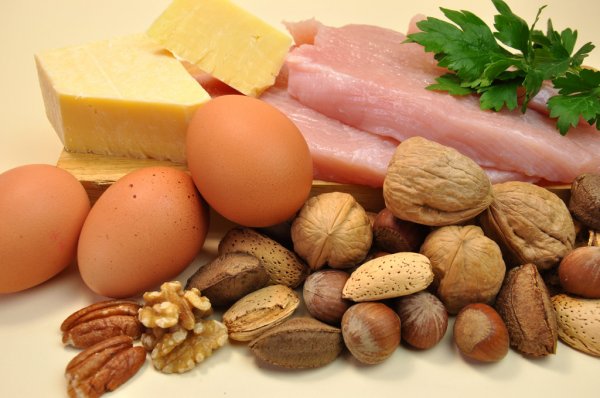
1 Comment
Trackbacks/Pingbacks
- Good Calories vs Bad Calories | Transformelle - […] Macronutrients are where our calories come from. The three types of macronutrients are fat, carbohydrates and proteins. […]
- Homepage - ... [Trackback] [...] Read More here: transformelle.com/learn-everything-you-want-to-know-about-fats-carbohydrates-and-proteins/ [...]
- How your brain influences your health - Transformelle - […] occurs if we do not get the essential healthy protein or any of the other many nutrients our body,…
- Metabolism: What Is It, And Can We Control It? - Transformelle - […] unclear how much of an effect protein has on the metabolic process, but studies suggest the best approach is to incorporate […]
- How To Make Vitamin Infused Water And What Are The Benefits? - Transformelle - […] addition to proteins, carbohydrates, and fats, water is like a fourth macronutrient. It should be the foundation of your…
- Is a Whole-food plant-based diet vegan or vegetarian? - Transformelle - […] intake of animal food, you will more than likely get to the suggested day-to-day consumption of protein without exceeding […]
- Holistic Living and Alternative Therapies for Wellness - Transformelle - […] The nutrients acquired from consuming whole as well as unprocessed foods aids to ensure the ideal processing of crucial…
- How to lower high blood pressure naturally. - Transformelle - […] Eating appropriate parts of vegetables and fruits, combined with foods that are lower in saturated fats can help improve your high blood…
Submit a Comment
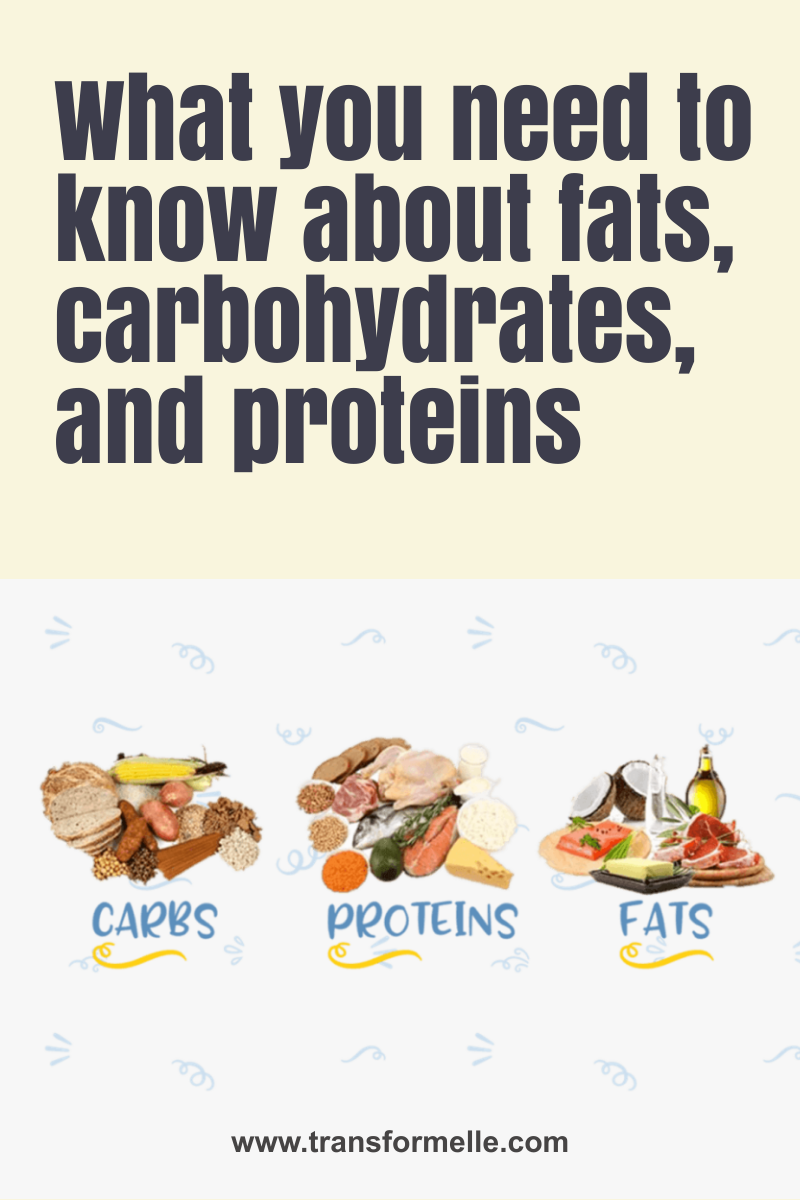
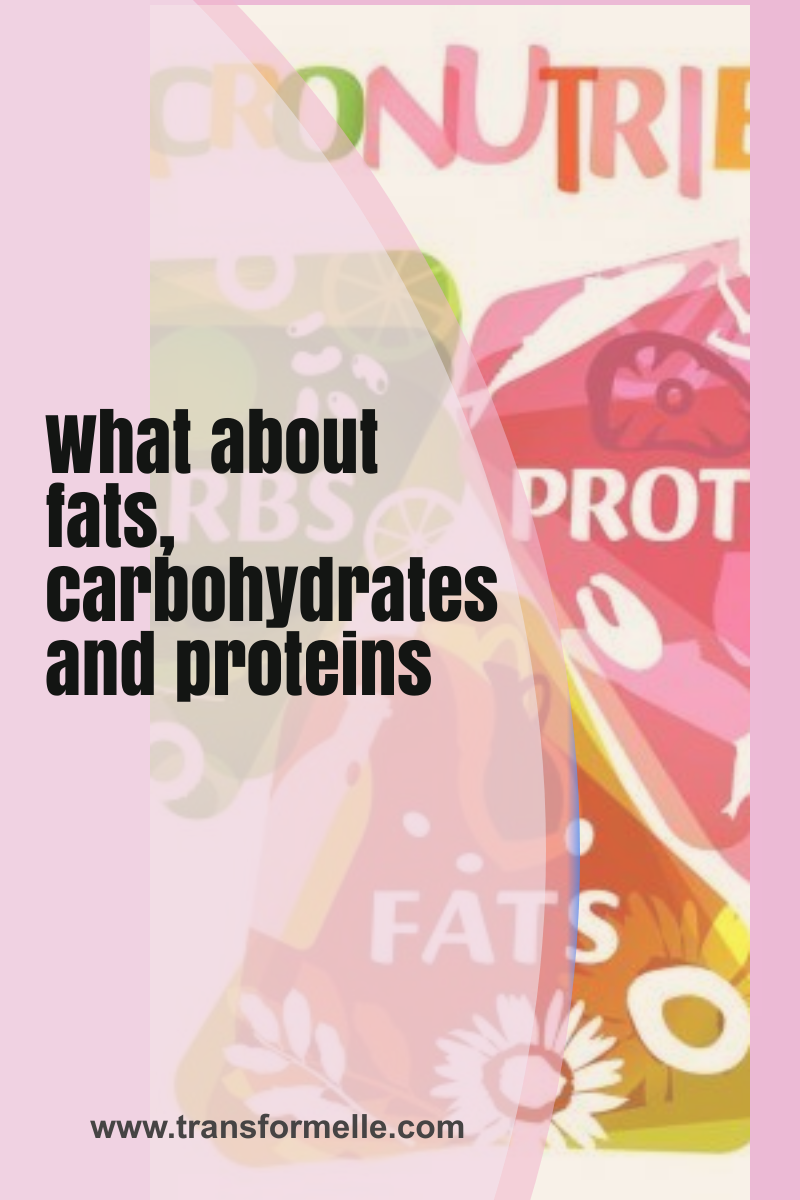
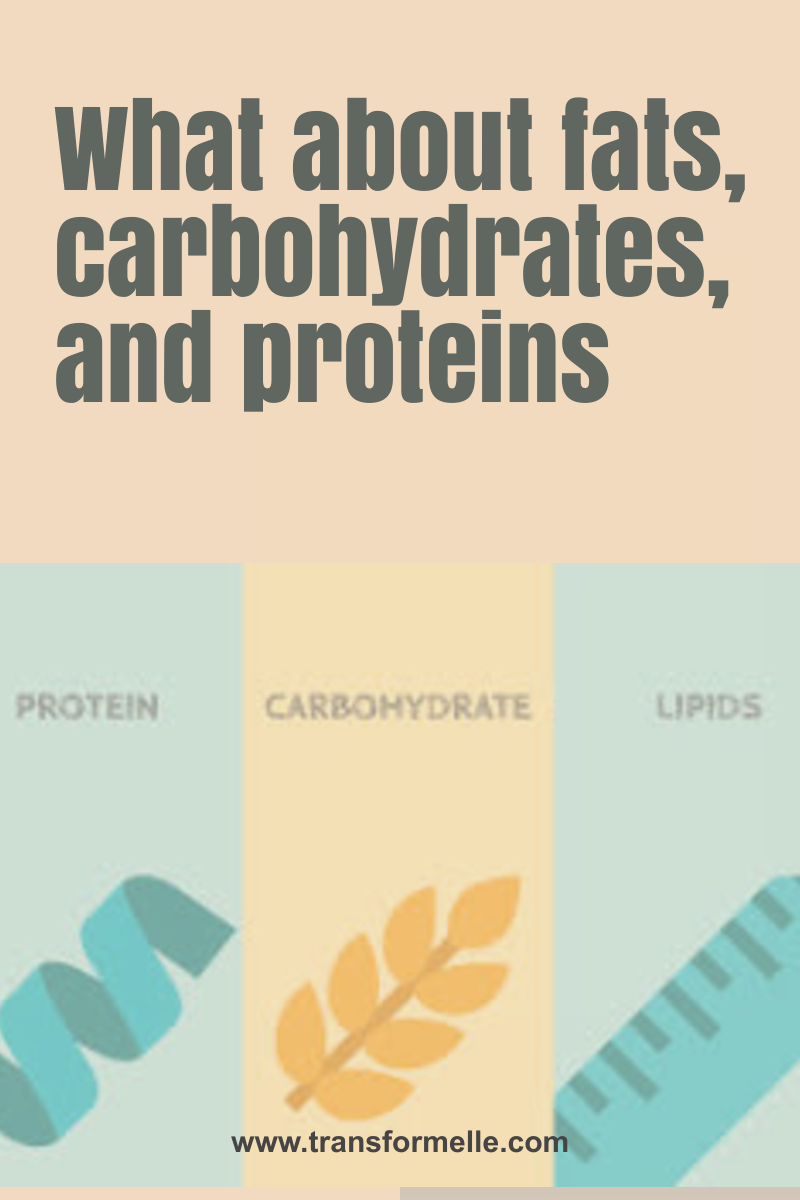
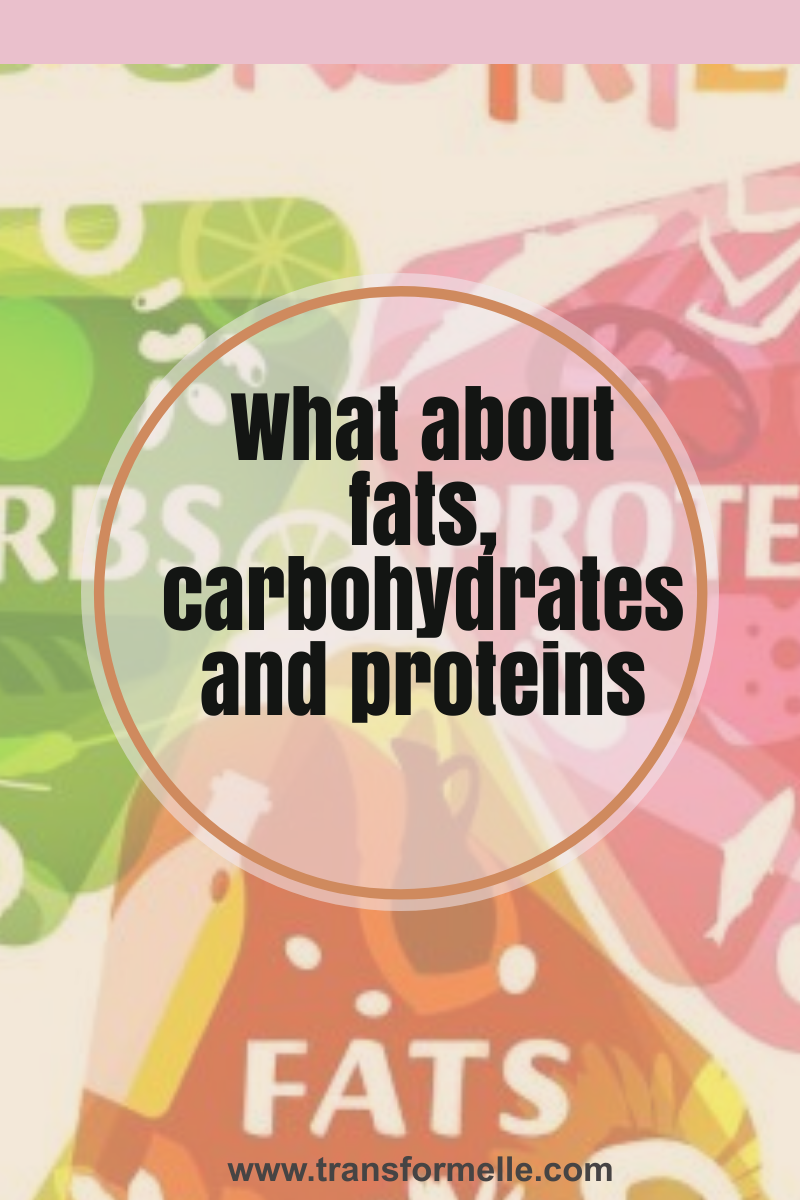
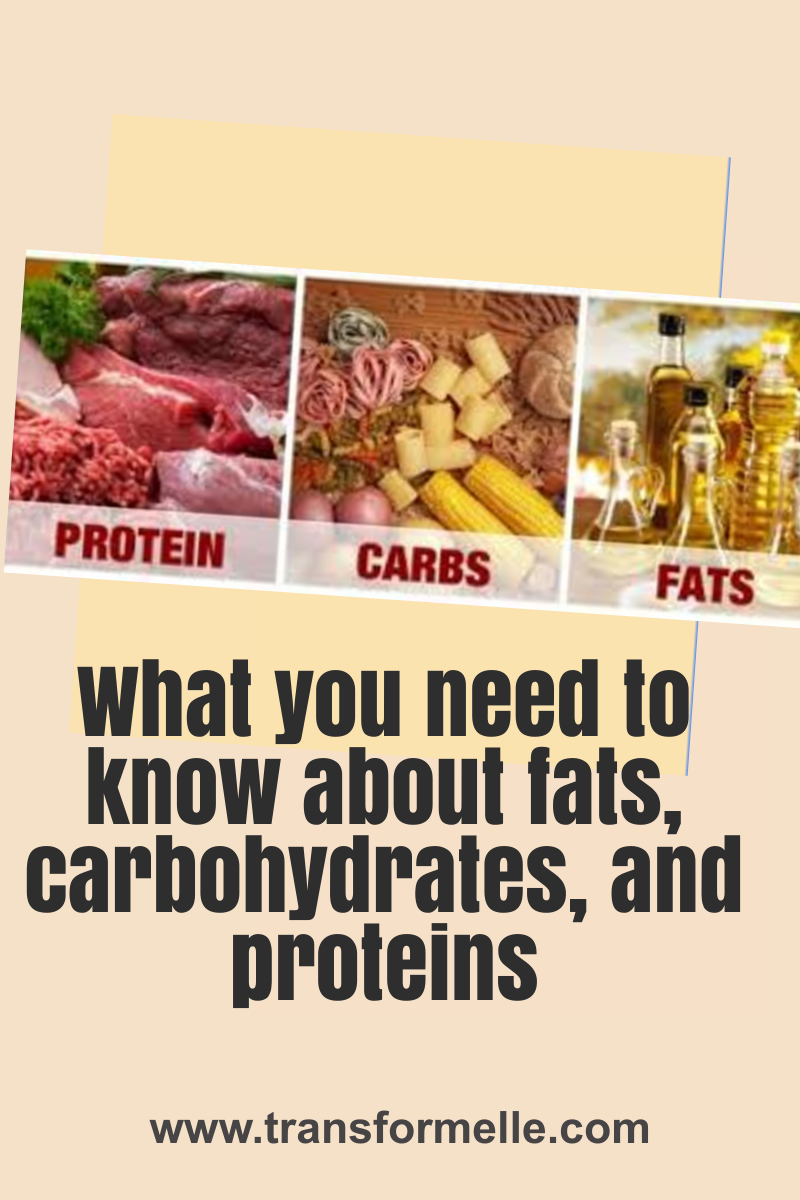
Did you find this post useful, inspiring? Save one of these pins above to your healthy lifestyle board on Pinterest.

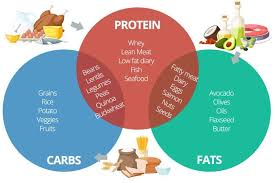
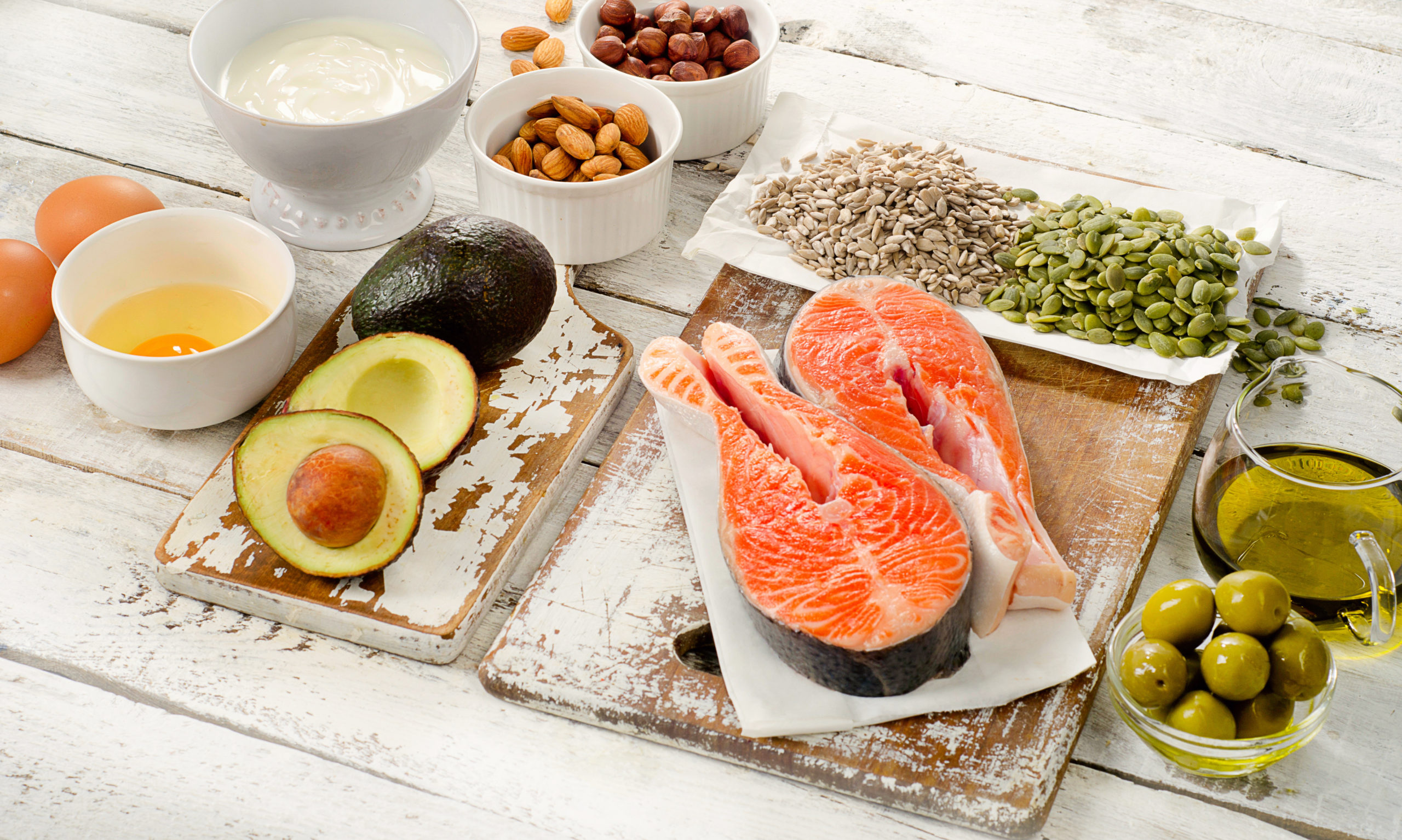
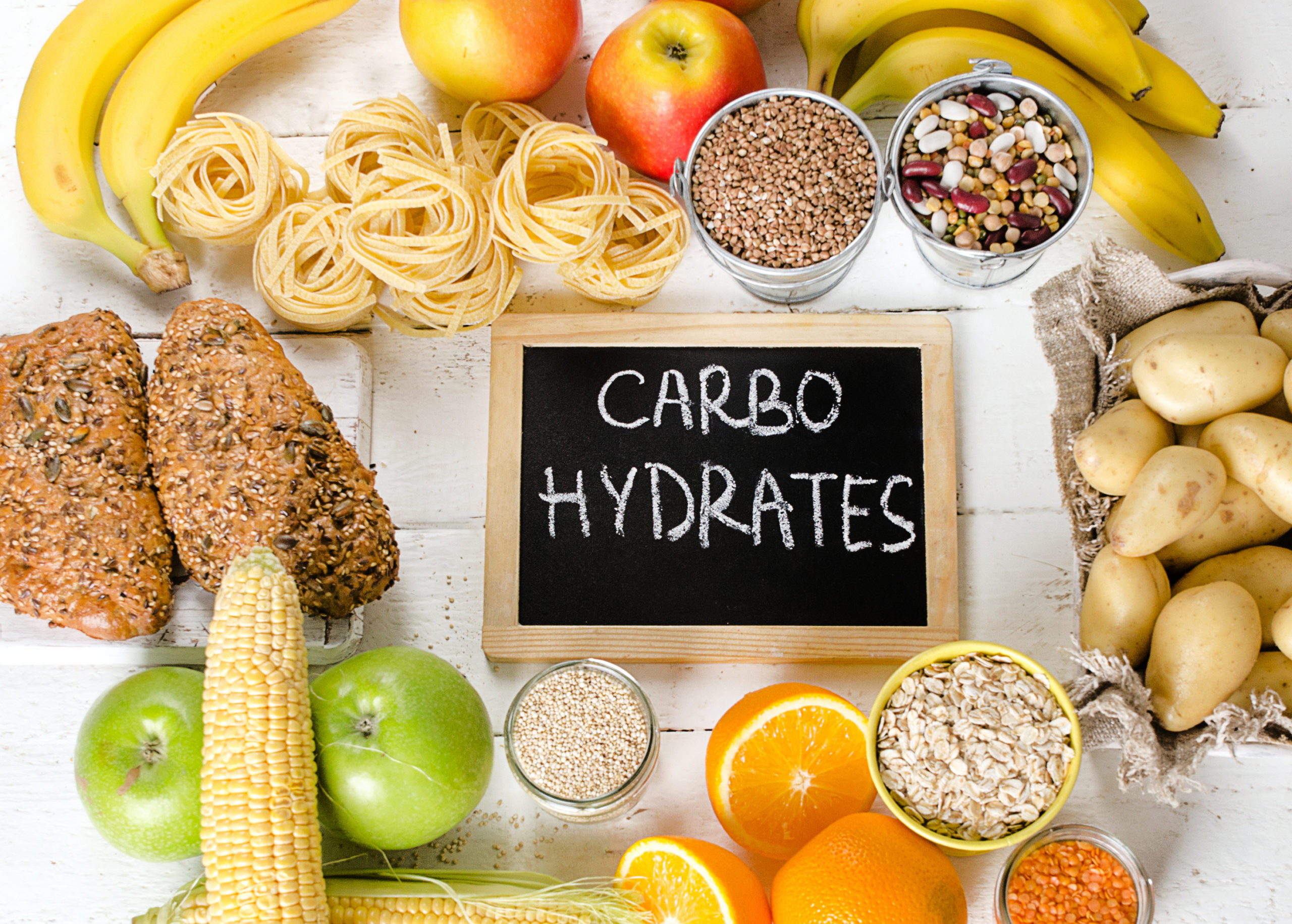
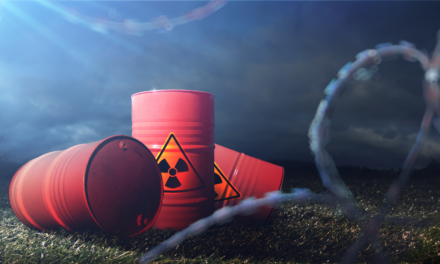
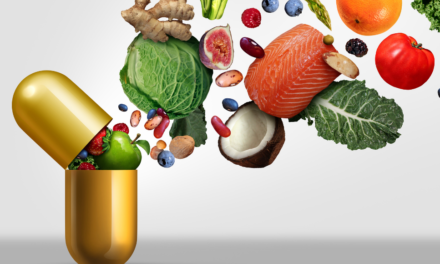


We stumbled over here by a different page and thought I should check things out.
I like what I see so now i am following you. Look forward to finding out about your
web page repeatedly.